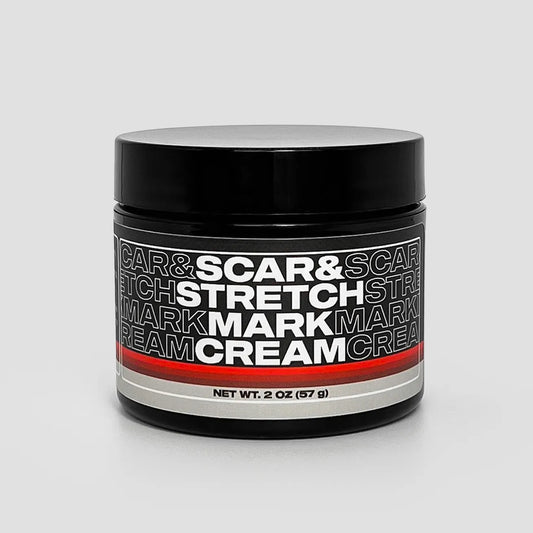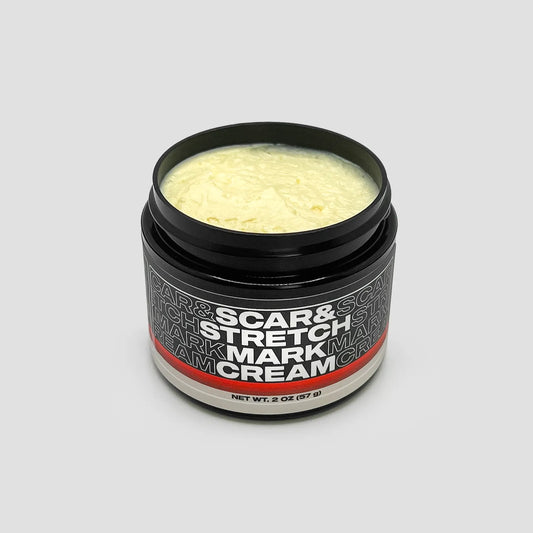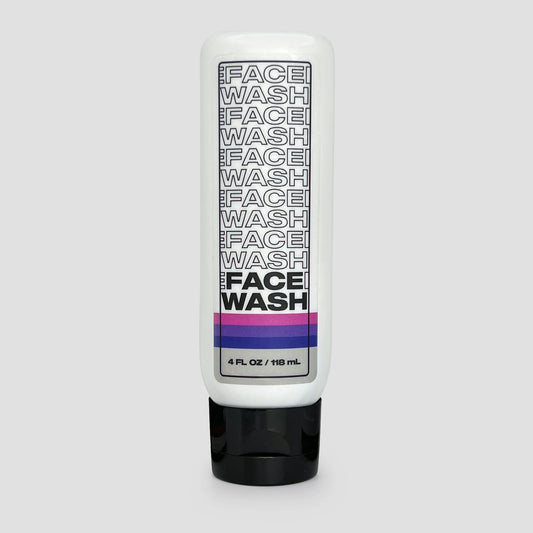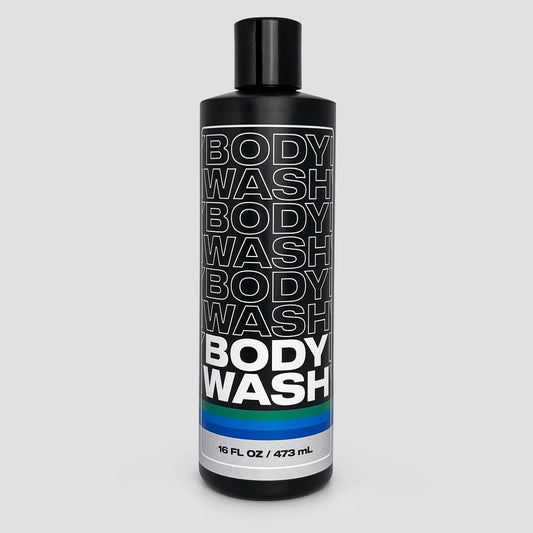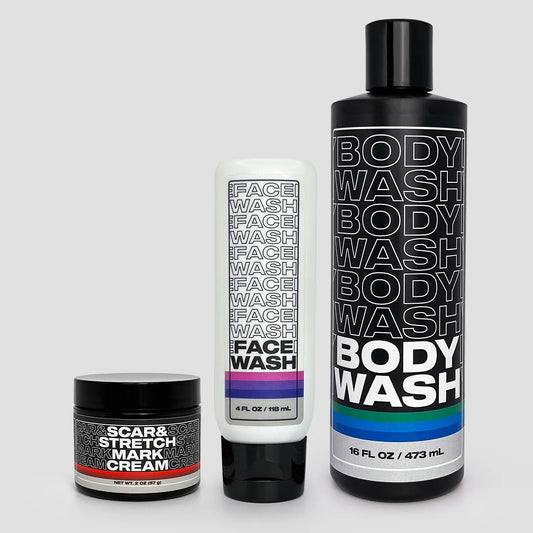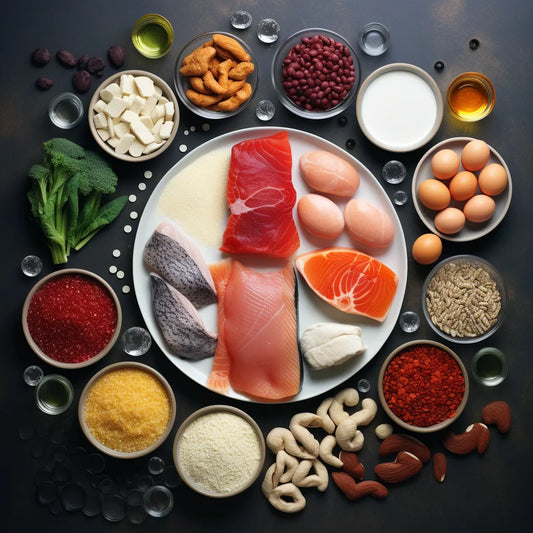

Ever stepped foot inside a health store or spent time browsing online for workout supplements? Chances are, you've encountered countless brands and products boasting impressive features.
Among the top contenders, both creatine and plant protein supplements have become highly popular in the fitness community. But how do each of these supplements contribute to your overall health and workout regiment?
This article aims to deliver a comprehensive analysis of both Creatine and Plant Protein, their benefits, drawbacks, and how they factor into your daily workout routine.
By the end of this article, you'll be better equipped to make informed decisions about your supplement intake, with a strong grounding in the Creatine vs. Plant Protein debate.
What is Creatine?
Creatine is a natural substance that turns into creatine phosphate in the body. Creatine phosphate helps make a substance known as adenosine triphosphate (ATP). ATP provides the energy for muscle contractions.(source: Medline Plus)
What is Plant Protein?
Plant protein comes from a variety of food sources like beans, nuts, and whole grains. Unlike animal protein, plant protein is lower in essential amino acids. It's a good supplement for those needing to add more protein to their diet, particularly for vegans and vegetarians. (source: Harvard Health)
How To: Tailor Your Supplement Intake For Maximum Gains
Choosing between creatine and plant protein boils down to your personal fitness goals and dietary preferences. Both have their own benefits and understanding the specifics can help you make the right choice.
1. Identify Your Fitness Goals
Are you trying to build muscle mass? Gain more energy for high-intensity training? Or looking to supplement a plant-based diet? Your individual needs will significantly influence your choices.
2. Understand the Benefits of Creatine
Creatine can improve strength, increase lean body mass, and help the muscles recover faster during exercises. If muscle mass and strength are your primary goals, then creatine could be useful. (source: Mayo Clinic)
3. Understand the Benefits of Plant Protein
If you have dietary restrictions or prefer plant-based nutrition, plant protein is beneficial. Plant Protein may also aid digestive health as it usually contains dietary fiber.
Does Creatine and Plant Protein work together?
Yes, Creatine and Plant Protein can work symbiotically. In cases where individuals want to gain muscle strength and follow dietary restrictions, a combination of both supplements might be ideal.
Can I consume both Creatine and Plant Protein?
Yes, it's possible to consume both Creatine and Plant Protein. If done thoughtfully, this combination can potentially cater to energy needs, muscle synthesis, and dietary requirements. However, it's also essential to seek professional advice before making major changes to your dietary regimen.
Negotiating the Supplements Showdown: Creatine vs Plant Protein
In the face of abundant choices and diverse health claims, it can feel overwhelming to decide between dietary supplements. However, armed with the right information, and by understanding your personal health goals, you can navigate the Creatine vs Plant Protein debate with confidence.
Key Takeaways
- Identify your personal health & fitness goals
- Understand the specific benefits of Creatine and Plant Protein
- Consider your dietary preferences and restrictions
- It's possible to combine both supplements if done thoughtfully
- Always consult with a healthcare professional or a nutritionist before making major changes to your diet or supplement regimen
Remember, it's not about choosing a winner between Creatine and Plant Protein. Instead, it's about identifying the best way to incorporate these supplements into your lifestyle to boost your fitness journey!
